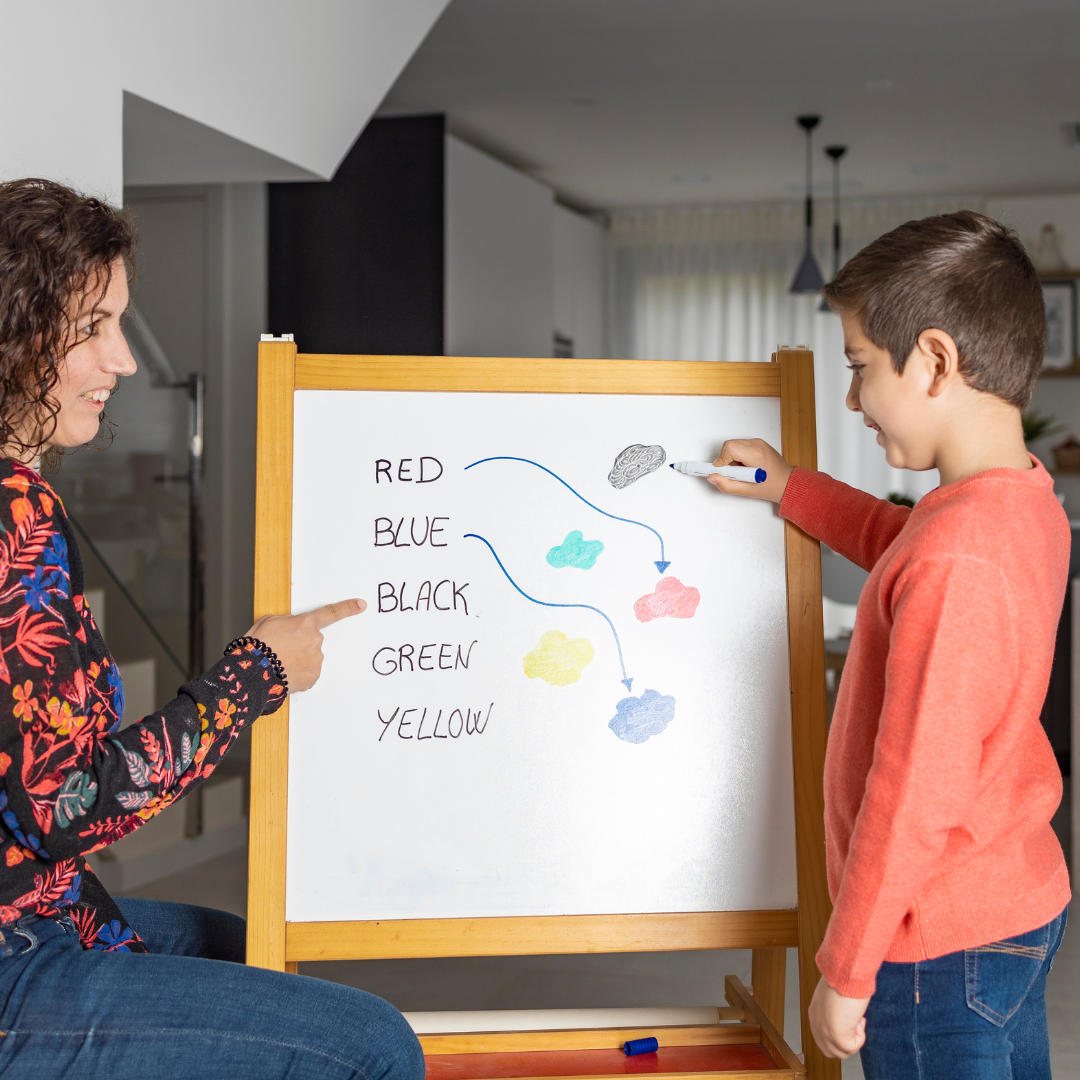Developing a culture of trust
In Episode 6 of our Mental Health in Schools podcast we hear from young male students about why it is important to them, that teachers take the time and make the effort to listen, especially when they are showing uncharacteristic or poor behaviour.
Here is a visual idea that I use with young people when I am training mental health ambassadors. It can also be used in training sessions with staff when thinking about creating a culture of trust and openness to talking about mental health.
Imagine a set of drawers…
When we talk to others we tend talk in these three ways:
When we think about anyone sharing information and worries with us, we realise that students and indeed adults are not likely to share bottom drawer stuff with us if they don’t know us.
For most people talking about mental health, emotions, worries, fears or problems – is bottom drawer stuff.
So consider:
What creates the opportunity for students/adults to share bottom drawer stuff when they don’t know us?
One thing – TRUST
We can break this trust down further:
- We are reliable (including we do what we say we will)
- We actively listen
- We are relatable
- We won’t spread the information
- We validate and understand their point of view
And if we don’t know the answer or know how to help, that’s OK. We can explain that while we don’t yet know how to help them, together we will find someone who does.
This is a straightforward approach that ensures the right conditions are in place for students and adults to open up about their mental health and well-being.
The post Developing a culture of trust appeared first on Halcyon Education.




